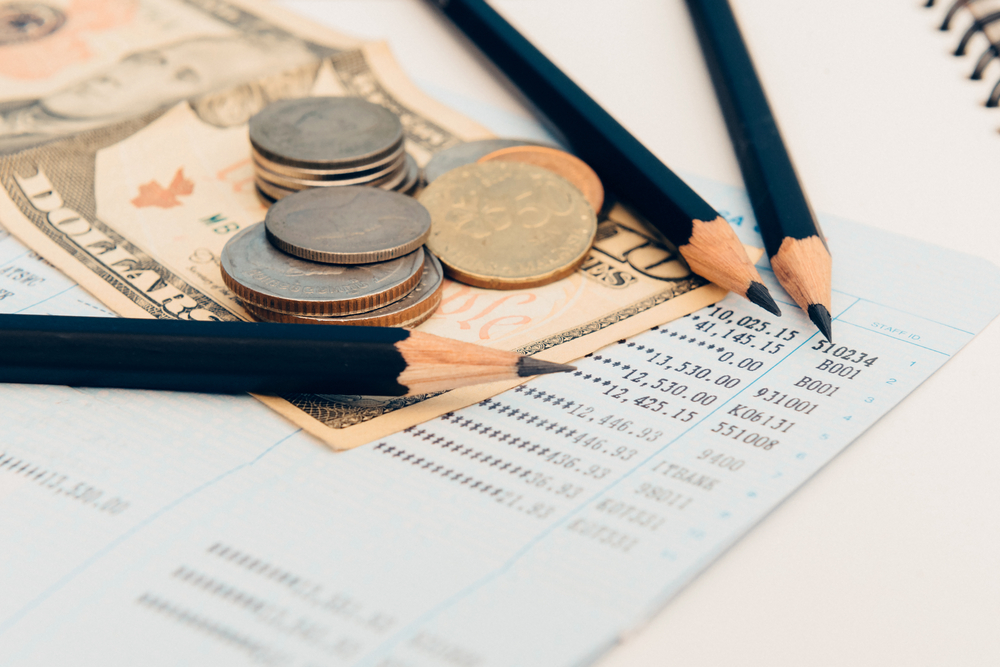Lawmakers, small business owners and other speakers testified before the House Small Business Committee this week urging tax code reform to promote business growth.

“In the coming weeks and months, Congress will have a once-in-a-generation opportunity to pass comprehensive tax reform, the likes of which we have not seen since Ronald Reagan’s historic tax reforms in the 1980s,” House Small Business Committee Chairman Steve Chabot (R-OH) said.
The speakers at the hearing said provisions in the current tax code penalize saving and risk-taking and represent the biggest barrier to American entrepreneurship.
“Entrepreneurs simply aren’t taking the kinds of risks they once did and this will have serious economic consequences, both in the short-term and in the long-term,” Chabot said. “America’s entrepreneurs are crying out for tax relief, and we are listening to them as we take action. They want a tax code that is simpler, fairer and flatter so they can start and grow their businesses and turn their dreams into reality.”
The hearing comes as lawmakers consider comprehensive tax reform package based on the House Republicans’ Better Way for Tax Reform.
“The bottom line is that our current tax system is working against entrepreneurs when it should be working for them. We have to do better. And fortunately, with the Better Way agenda as our roadmap, we will do better,” Chabot said.
Ohio small businessman Tim Reynolds, president of Tribute Inc., told the committee the complicated tax code has cost him.
“The majority of small businesses, 68 percent, spend more than $1,000 per year on the administration alone on federal taxes,” Reynolds, who is past chair of the National Small Business Association (NSBA), said. “More than half say that federal taxes have a significant to moderate impact on the day-to-day operation of their business. Just imagine the collective business and job growth that could be done absent that burden. My company pays our accountants more than $14,000 each year to prepare our taxes. In addition, we spend about 40 hours a year preparing various forms and making various estimated payments required to comply with tax law.”
David Burton, senior fellow for economic policy at the Heritage Foundation’s Institute for Economic Freedom and Opportunity, said the current U.S. tax system has a negative impact on the economy.
“It has high marginal tax rates that reduce the incentive to work, save and invest. The U.S., for example, has the highest corporate tax rate in the industrialized world. It substantially raises the cost of capital by double, triple or even quadruple taxing savings and investment,” Burton said. “It places U.S. businesses and at a competitive disadvantage in international markets. It is riddled with special tax preferences. And it imposes large compliance costs on U.S. businesses, which has a disproportionately negative impact on small firms.”